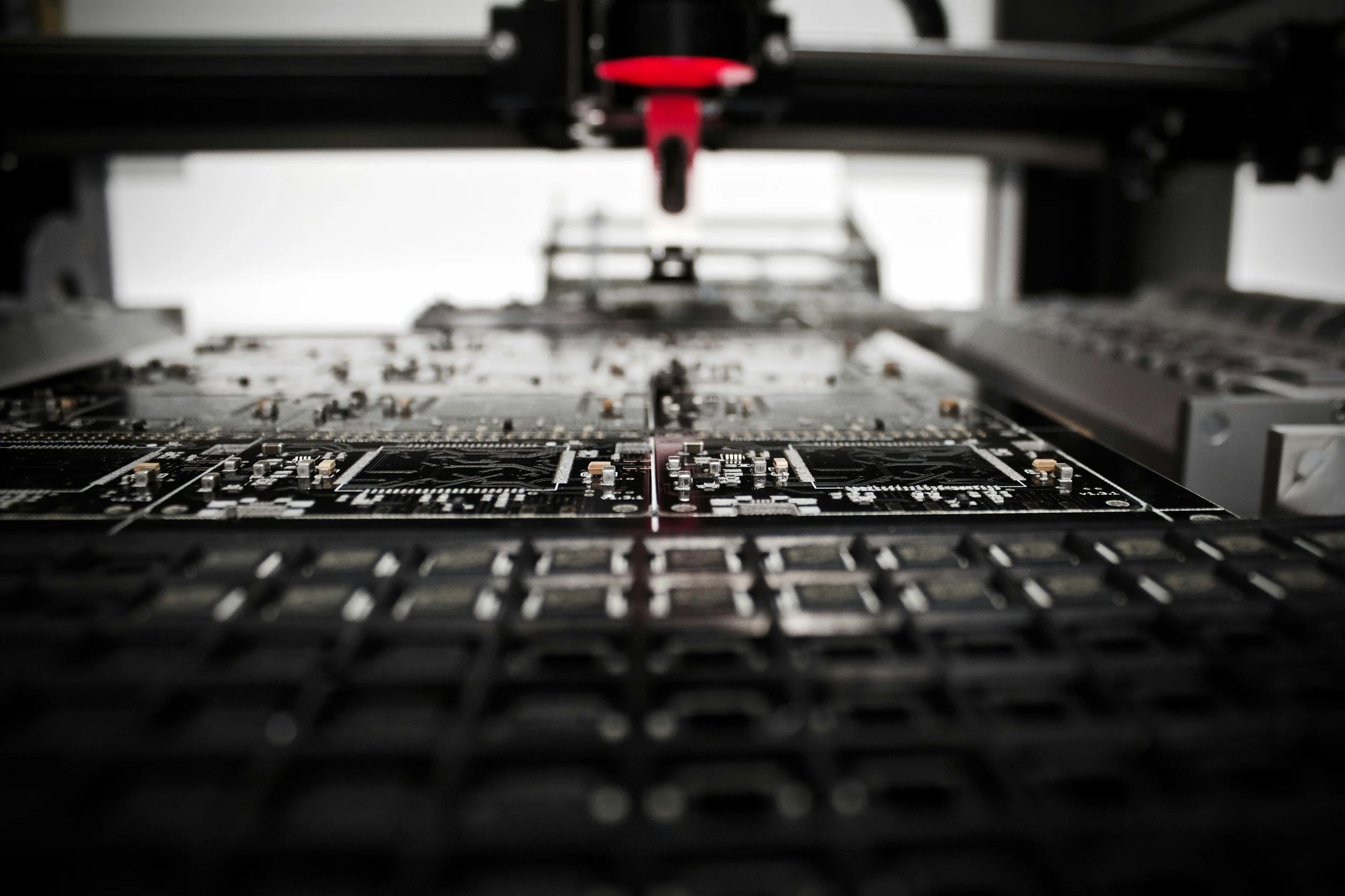How to Prepare Your Gerber and BOM Files for PCB Assembly
How to Prepare Your Gerber and BOM Files for PCB Assembly
Accurate documentation is essential for smooth, cost-effective PCB assembly. The two most important files you will supply are your Gerber files and Bill of Materials (BOM). When these are prepared correctly, your assembler can quote quickly, minimise delays and ensure the finished PCB performs exactly as intended.
This guide explains what each file should include, how to format them, and how to avoid common mistakes.
What Are Gerber Files?
Gerber files describe every layer and feature of your PCB design. They act as the blueprint for fabrication and assembly.
A complete Gerber package typically includes:
Top & bottom copper layers
Solder mask layers
Silkscreen layers
Drill files
Board outline
Pick-and-place file (optional but recommended)
Tips for Preparing Gerber Files
Export directly from your design software using standard RS-274X format.
Check alignment across all layers.
Confirm drill sizes and hole plating.
Include a readme.txt explaining the file structure.
Ensure the orientation markers are correct.
What Is a BOM (Bill of Materials)?
The BOM lists every component required to build your PCB.
A high-quality BOM includes:
Designator (R1, C4, U2, etc)
Part description
Manufacturer part number
Quantity per board
Package size (0603, SOIC, QFN, etc)
Supplier or preferred source
Any alternatives or acceptable substitutes
Tips for Preparing a High-Quality BOM
Always use exact manufacturer part numbers.
Avoid vague descriptions like “100nF capacitor”.
Clearly state polarity and orientation where applicable.
Ensure quantities are correct across multiple assemblies.
Flag any components you will supply as consigned.
Pick-and-Place Files (Highly Recommended)
While not always required, a placement file significantly speeds up SMT assembly.
It should include:
X/Y coordinates for each component
Rotation
Reference designator
Package type
This ensures accurate setup of automated placement machines.
Common Mistakes to Avoid
Missing or incomplete layers
This causes delays while your assembler requests clarification.
Incorrect drill file formats
Non-standard outputs often lead to misalignment.
BOM descriptions without part numbers
These almost always lead to sourcing issues.
Inconsistent naming conventions
Designators must match between BOM, schematic and placement files.
Before Sending Your Files to a PCB Assembly Partner
Double-check the following:
All Gerber layers exported and named clearly
BOM contains full part numbers
Placement file included
Quantities confirmed
A note specifying turnkey or consigned supply
Ready to Send Us Your Files?
Once your Gerber and BOM files are ready, you can upload them directly for a fast, accurate PCB assembly quote.
Visit our PCB Assembly page or contact our team for file preparation support.


